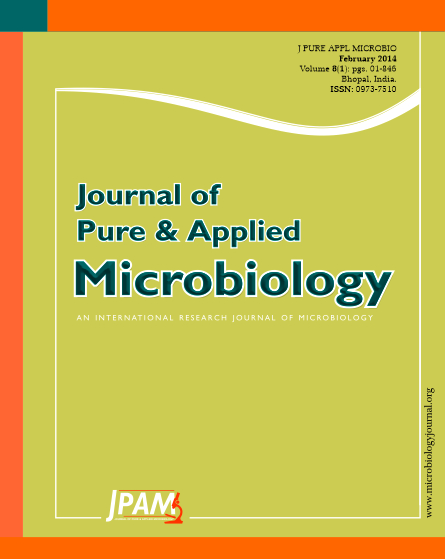Citric acid is one of the most important bulk produced organic acids. In the present study more focus is on the economical grounds of citric acid production for which, different fruits and fruit peels were selected as a substrates for the production, which can be proved economical. In order to fulfill the same Aspergillus niger MTCC 281 culture was used as a source of organisms, Banana (Musa sapientum) and its peels which are dumped indiscriminately after extracting the edible portion and this uncontrolled activity leads to environmental pollution with the resultant health hazard to the populace. So, these municipal wastes were considered for the citric acid production. The production of citric acid using fruit peels were compared with the production using the fruits, which are in turn considered as a rich carbohydrate source. The whole productions i.e. fruit yield and fruit peel yield were compared with citric acid yield from sucrose as a source of substrate. Different alcohols( Methanol, Ethanol and Butanol) as a stimulants at different concentration s were used to enhance the citric acid production.
Citric acid, Musa sapientum, Stimulants, Substrate, Alcohols
© The Author(s) 2014. Open Access. This article is distributed under the terms of the Creative Commons Attribution 4.0 International License which permits unrestricted use, sharing, distribution, and reproduction in any medium, provided you give appropriate credit to the original author(s) and the source, provide a link to the Creative Commons license, and indicate if changes were made.


